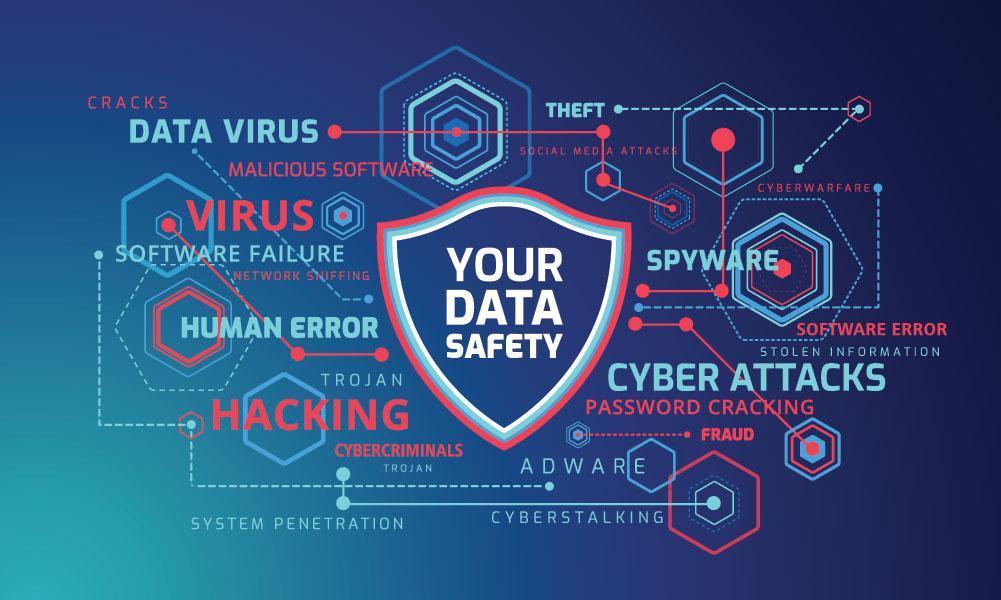In the era of Big Data, where massive amounts of data are collected, processed, and analyzed, concerns regarding data privacy and ethics have come to the forefront. As organizations leverage data for insights and decision-making, it is essential to address the ethical implications and ensure the protection of individuals’ privacy. In this blog post, we will delve into the significance of data privacy and ethics, exploring the challenges, implications, and best practices in managing data in an ethical and privacy-conscious manner.
- Understanding Data Privacy and Ethics: Define data privacy and ethics in the context of Big Data. Explain how data privacy refers to the protection of personal information and individuals’ rights to control their data. Discuss the ethical considerations surrounding the collection, use, and sharing of data, emphasizing the need to balance innovation with ethical principles.
- The Impact of Big Data on Privacy: Explore how Big Data technologies and analytics techniques enable the collection and analysis of vast amounts of personal data. Discuss the implications of data aggregation, profiling, and re-identification, highlighting the potential risks to individuals’ privacy and the importance of informed consent.
- Regulatory Frameworks and Compliance: Discuss relevant data privacy regulations such as the General Data Protection Regulation (GDPR) and the California Consumer Privacy Act (CCPA). Explain the obligations organizations have in terms of data protection, consent management, and transparency. Highlight the penalties for non-compliance and the role of regulatory bodies.
- Ethical Considerations in Data Usage: Address the ethical considerations when utilizing Big Data. Discuss topics such as algorithmic bias, fairness, and transparency in automated decision-making systems. Explore the potential for discrimination, invasion of privacy, and unintended consequences, emphasizing the need for ethical guidelines and responsible data practices.
- Privacy-Enhancing Technologies: Discuss emerging privacy-enhancing technologies (PETs) that can mitigate privacy risks in Big Data environments. Cover concepts such as differential privacy, secure multiparty computation, and homomorphic encryption. Highlight how these technologies preserve privacy while still allowing valuable insights to be derived from the data.
- Building Trust and Transparency: Explore the importance of building trust with data subjects and the wider community. Discuss transparency in data practices, including clear data collection notices, consent mechanisms, and data breach notifications. Emphasize the significance of transparent data handling and the establishment of responsible data governance frameworks.
Data privacy and ethics are critical considerations in the age of Big Data. Organizations must prioritize data protection, transparency, and ethical decision-making to build trust with individuals and ensure responsible data practices. By adhering to regulatory frameworks, leveraging privacy-enhancing technologies, and fostering a culture of ethical data governance, organizations can navigate the complexities of data privacy and ethics while deriving value from Big Data in a responsible and sustainable manner.






